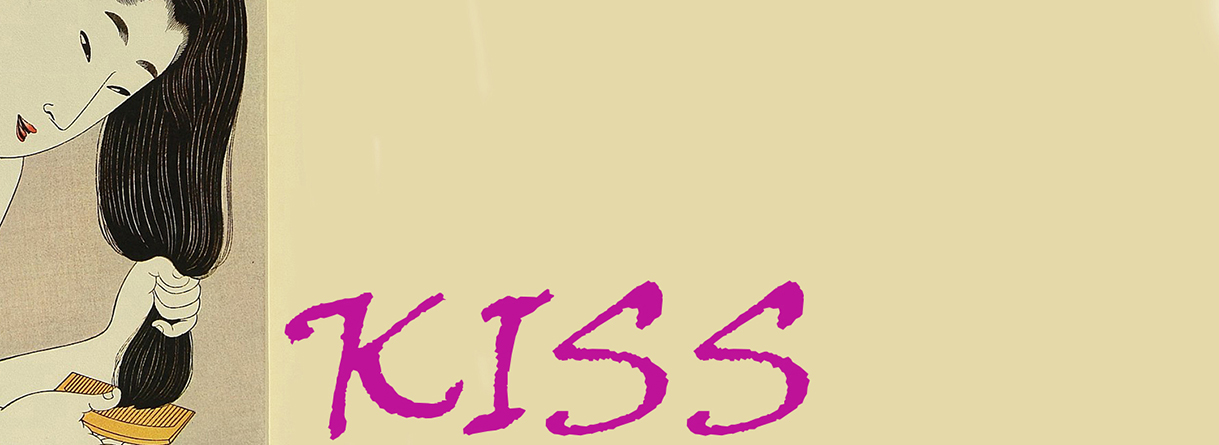Tuesday, May 31, 2016
Friday, May 27, 2016
Finally Rich by Sam Riviere
I got a job
I got a job writing poems
oh hi I never met you before
going to write you a poem
about your anniversary
your niece’s christening
your son’s wedding
your uncle’s funeral
you provided a helpful ‘factsheet’
full of personal details
your favourite songs and anecdotes
this is my material
the tone is ‘light’
the approach is up to me
you will pay £3 a line
you will pay £5 a line
you will pay £7 a line if rhymed
but hang on
wouldn’t a real poet want to get at ‘truth’
you paid for a real poet
how can I get ‘truth’ from this ‘factsheet’
the only way to ‘truth’
is saying ‘yo, I don’t know you’
and refusing to write the poem in the poem
then I doubt you’d pay me
here’s my question
do you want to buy a poem
because you know about poetry
or because you don’t know about poetry
think I need to see you
think I need to meet you
think I need to come and stay with you for like a week
perhaps the whole thing will get out of hand
if I get involved in some ‘heavy shit’
I’ll write a screenplay about it
of course I’ll change your name
the names of my dystopian employers
charlie kaufman some bigshot director
will buy the script executive produce
and I’ll be rich I won’t write any more poems
about your uncle’s wedding
your son’s christening
your niece’s funeral
your bill: £210
happy anniversary
ABOUT THE CONTRIBUTOR
SAM RIVIERE
began to write poetry while at the Norwich School of Art and Design, and completed a Masters at Royal Holloway. His poems have appeared in various publications and competitions since 2005. He co-edits the anthology series STOP SHARPENING YOUR KNIVES, and is currently working towards a PhD at the University of East Anglia. He was a recipient of a 2009 Eric Gregory Award. His first collection, 81 AUSTERITIES, was published by Faber in 2012.Sunday, May 22, 2016
Neruda review - unconventional drama constructs rather than retells Chilean poet's life
Neruda review - unconventional drama constructs rather than retells Chilean poet's life
4/5starsBenjamin Lee
Saturday 14 May 2016 15.50 BST
The basic formula of the biopic has grown almost unbearably tiresome, thanks largely to the annual parade of mostly uninspiring Oscarbait true stories that serve to do nothing but show actors’ “range”. Would the world have stopped spinning if The Danish Girl or Trumbo had never been released?
Wednesday, May 18, 2016
Walt Whitman / Happiness
Saturday, May 14, 2016
Pablo Neruda's importance was as much political as poetic
 |
| Pablo Neruda in Isla Negra |
Pablo Neruda's importance was as much political as poetic
On top of this week's exhumation, research is underlining why the newly-installed junta was so keen to be rid of him
Oscar Guardiola-Rivera
Wednesday 10 April 2013 10.42 BST
Thursday, May 5, 2016
Pablo Neruda / A Passion for Life / Review by Rebecca Seal
Laureate of passion
Rebecca Seal on Pablo Neruda, a Passion for Life
Adam Feinstein
Bloomsbury £9.99, pp422
The Observer
Sunday 20 November 2005 01.43 GMT










